
Maldives Seeks to Reset Ties with India Amid Falling Tourist Numbers
After months of strained relations, the Maldives is making efforts to reset its ties with India by wooing tourists from its big neighbor and acknowledging New Delhi’s financial support in strengthening the island nation’s economy.
On Tuesday, Maldivian Tourism Minister Ibrahim Faisal held talks with his Indian counterpart, Gajendra Singh Shekhawat, in New Delhi, discussing ways to boost tourism between the two nations. Faisal also met India’s Civil Aviation Minister, Kinjarapu Rammohan Naidu, and later posted on X that their conversation “focused on strengthening connectivity between the Maldives and India, as well as exploring ways to elevate tourism between our two nations.”
Faisal is currently touring India as part of the Welcome India roadshow, which will visit Delhi, Mumbai, and Bengaluru until Saturday. The aim is to attract more Indian visitors to the Maldives, whose numbers have been significantly declining.
Data from the Maldives’ Ministry of Tourism shows that India was the top market for inbound tourism in 2023, with 209,198 visitors, or 11.1% of the total. However, this year’s data up to July 24 shows India dropping to No. 6, with only 69,852 visitors, or 6.1% of the market share. Meanwhile, China, which was No. 3 last year, now holds the No. 1 spot with 148,839 arrivals, or 13% of the total.
“It is true that [Faisal’s] visit may address Maldives’ immediate concern” about the dip in Indian tourists, said Udai Bhanu Singh, a strategic analyst formerly with the New Delhi-based Manohar Parrikar Institute for Defence Studies and Analyses, noting the Maldives’ heavy dependence on tourism for its economy.
Faisal’s visit follows a statement from Maldivian President Mohamed Muizzu, who expressed “sincere gratitude” to India, as well as China, for their “support in easing the Maldives’ debt repayment, thereby enabling the country to ensure economic sovereignty.”
India has been a key provider of development assistance to the Maldives, often extending financial support on favorable terms. Muizzu’s statement indicated ongoing talks with both China and India about facilitating currency swap agreements to alleviate local shortages of U.S. dollars. His administration is also negotiating a free trade agreement with the U.K. and hopes to reach a similar agreement with India.
Experts have noted the reconciliatory tone of Male’s overtures to New Delhi. “Yes, there is definitely a change in the attitude” of the Muizzu government toward India of late, said Yogesh Gupta, a former Indian ambassador and secretary in the Ministry of External Affairs. He pointed out that India has consistently provided essential commodities to the Maldives and noted that last year, many were shocked by their new president’s insensitive attitude toward India, which likely contributed to the decline in Indian tourists.
“India is the next-door neighbor of the Maldives and always comes to its assistance in times of need,” Gupta said, contrasting this with China, which “is far away and is not sensitive to the security, financial, and other interests of smaller countries.”
Muizzu visited New Delhi in June at the invitation of Indian Prime Minister Narendra Modi to attend his swearing-in ceremony for a third term. This was Muizzu’s first visit to India since assuming office, and he emphasized that strong ties between the two countries would bring prosperity to the Maldives and its citizens.
“Muizzu’s presence at the oath-taking ceremony of Modi is an indication that both [countries] are trying to convey ‘let bygones be bygones,'” said Shamshad Ahmad Khan, assistant professor of international relations at BITS Pilani Dubai Campus.
Relations hit turbulence with Muizzu’s election last year, given his pro-China stance. One of his campaign promises was to remove the fewer than 100 Indian troops stationed in the Maldives for humanitarian and medical evacuation services, which was fulfilled ahead of the May 10 deadline. A diplomatic row also erupted in January over disparaging remarks made by Maldivian ministers about Modi, leading to calls in India for a boycott of the Maldives.
After assuming office, Muizzu chose Turkey for his first official visit in November, breaking with the tradition of previous Maldivian presidents to make their first visit to India. He then visited China in January, signaling a tilt toward Beijing. However, Maldivian Foreign Minister Moosa Zameer visited New Delhi in May, where he was told by his Indian counterpart, Subrahmanyam Jaishankar, that bilateral ties depended on mutual interests and reciprocal sensitivity.
According to Singh, the Maldives is a geopolitically significant neighbor to India in the Indian Ocean region and occupies an important place in India’s “neighborhood first” policy. “A stable Maldives is in India’s interest,” he said, noting the island nation’s vulnerability to interference by major powers.
Assistant professor Khan observed that while India and the Maldives have long maintained a cordial relationship, Muizzu’s anti-India rhetoric during the election aimed to galvanize specific voters. “After gaining power and amid Indian tourists’ desertion of the Maldives, [his government] realized the role India plays in their economy,” he said, adding that the Maldives seems to be maintaining an equal distance between China and India “to safeguard its interests.”
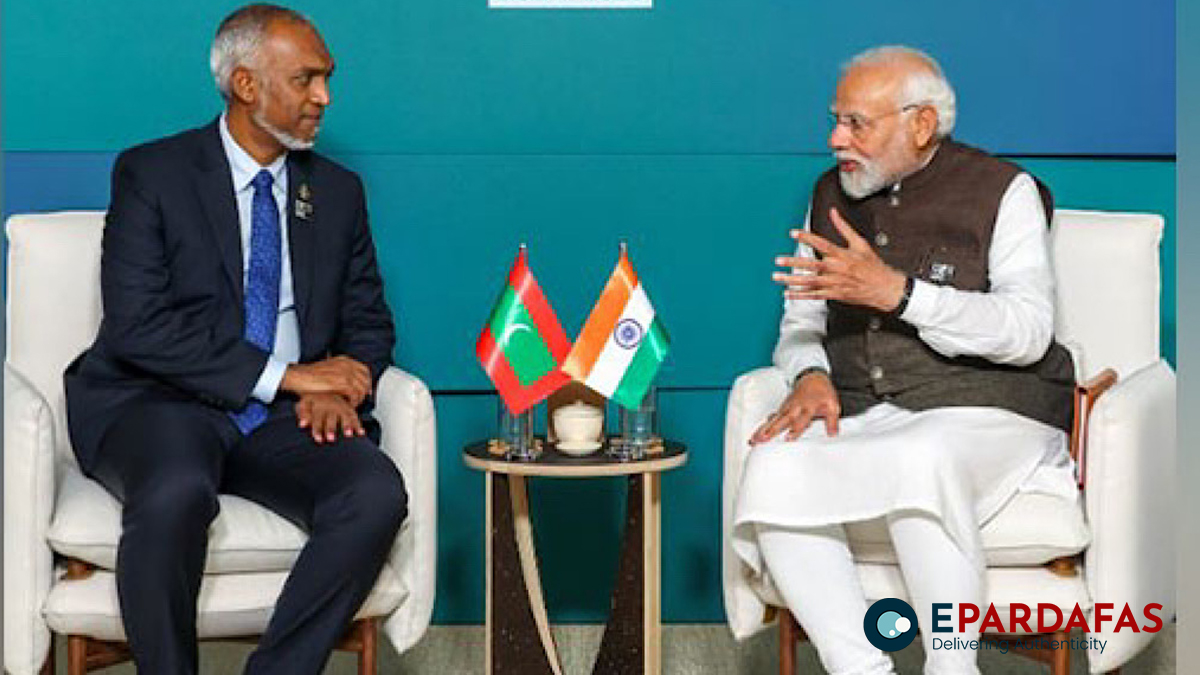

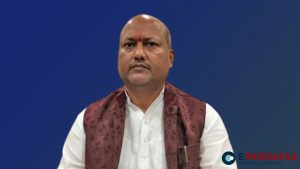
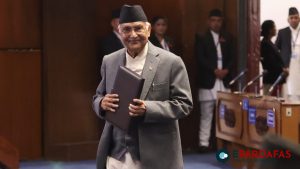

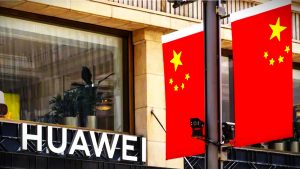

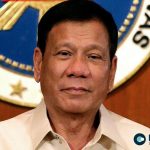

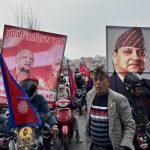



Comments